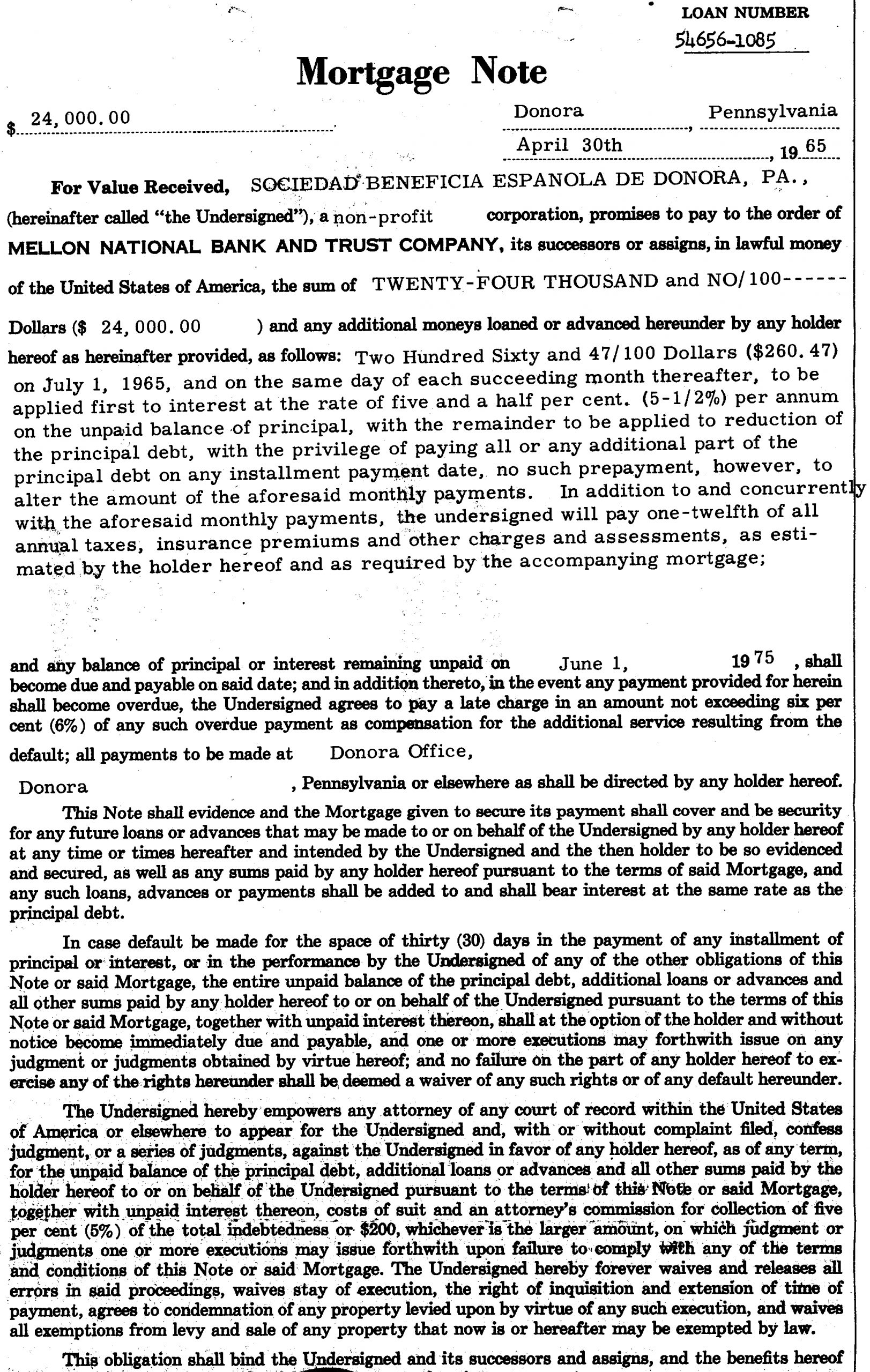Essential Paperwork Mortgage Brokers Require from You

Embarking on the journey to homeownership is an exciting yet complex process, filled with paperwork and procedures. Whether you're a first-time buyer or someone looking to upgrade your living situation, understanding the essential paperwork mortgage brokers require can streamline your experience. Let's delve into the critical documents needed to ensure a smooth mortgage application process.
The Essential Documentation

When you sit down with a mortgage broker, here's a list of documents you might need to present:
- Personal Identification: A driver's license or passport to prove your identity.
- Proof of Income: Pay stubs, W-2 forms, or income statements if you're self-employed. This includes:
- Recent pay stubs (usually the last 30 days).
- Tax returns (last 2 years).
- Employment Verification: A letter from your employer confirming your position, length of employment, and income.
- Bank Statements: The last 2-3 months of statements for all your accounts, showing your assets and monthly transactions.
- Credit Report: Your mortgage broker might pull your credit report directly, but having your own can expedite the process.
- Asset Documentation: This includes investment accounts, retirement funds, or any other significant assets.
- Details on Debts: Current loan statements, credit card balances, car loans, etc.
- Property Details: If you're buying or refinancing, you'll need:
- Purchase contract or property listing.
- Homeowner's insurance information.
- Preliminary title report or homeowners association (HOA) documents if applicable.
Why Each Document is Important

Each piece of paperwork serves a critical function in the mortgage application process:
- Personal Identification: Verifies your legal identity.
- Proof of Income: Mortgage brokers need to assess your ability to repay the loan. Your income is central to this assessment.
- Employment Verification: Ensures that your job is stable, reducing the risk of default.
- Bank Statements: Demonstrates your financial stability and capacity for making down payments or handling closing costs.
- Credit Report: Evaluates your creditworthiness, impacting the interest rate you're offered.
- Asset Documentation: Shows additional resources you might draw upon in case of financial difficulty.
- Details on Debts: Helps calculate your debt-to-income ratio, which is crucial for loan approval.
- Property Details: Allows the broker to understand the value and condition of the property you're purchasing or refinancing.
💡 Note: While your mortgage broker might ask for additional or different documents depending on specific lender requirements, these are the basic essentials.
The Process of Preparing Documents

Preparing your documents should be methodical:
- Gather and Organize: Collect all necessary documents in one place. Digital formats are often preferred for ease of submission.
- Review for Accuracy: Ensure all information is accurate and up-to-date. Mistakes can delay the process.
- Follow Up: If your broker requests additional information or clarification, respond promptly.
| Document | Typical Format | Why It's Required |
|---|---|---|
| Driver's License or Passport | Scanned or Original | Identity verification |
| Pay Stubs | PDF or Original | Proof of current income |
| Employment Letter | Scanned | Job stability assurance |
| Bank Statements | PDF or Downloaded Copies | Financial stability and asset verification |
| Credit Report | PDF or Direct Pull | Creditworthiness evaluation |

Common Mistakes to Avoid

Here are some pitfalls to steer clear of:
- Incomplete Documentation: Ensure you provide all requested documents in full.
- Outdated Information: Old bank statements or employment letters can cause issues.
- Neglecting Credit Repair: If your credit score is low, work on improving it before applying.
- Ignoring Large Deposits or Withdrawals: Be prepared to explain any significant financial activity.
⚠️ Note: Being proactive in addressing issues that arise during documentation can prevent delays in your mortgage process.
Wrapping up this extensive guide on the essential paperwork mortgage brokers require, it's clear that thorough preparation significantly eases your journey to homeownership. From gathering personal identification to detailing your financial history, each document plays a pivotal role in proving your eligibility for a mortgage. Keep your documents organized, up-to-date, and readily available to ensure a smooth application process. Whether you're buying or refinancing, the right paperwork at the right time can make the difference between a quick loan approval or a prolonged and complicated process.
Why do I need so many documents for a mortgage application?

+
Lenders use these documents to assess your financial stability, ability to repay the loan, and overall risk. They provide a comprehensive view of your financial situation, employment status, and credit history to make informed lending decisions.
What if my income is irregular, like with freelance work or commissions?

+
In such cases, you might need to provide additional documentation like profit and loss statements, a detailed income history over the past few years, or a statement from an accountant confirming your income consistency.
Can I apply for a mortgage if I’m self-employed?

+
Yes, but the documentation will be more rigorous. You’ll need to show consistent income through tax returns, business financial statements, and possibly a business credit report to prove your financial viability.
What should I do if I have gaps in employment?

+
Be prepared to explain any employment gaps in your mortgage application. Documentation or references from your employment history during these periods can help. If you were freelancing or contract working, provide evidence of income during those times.



